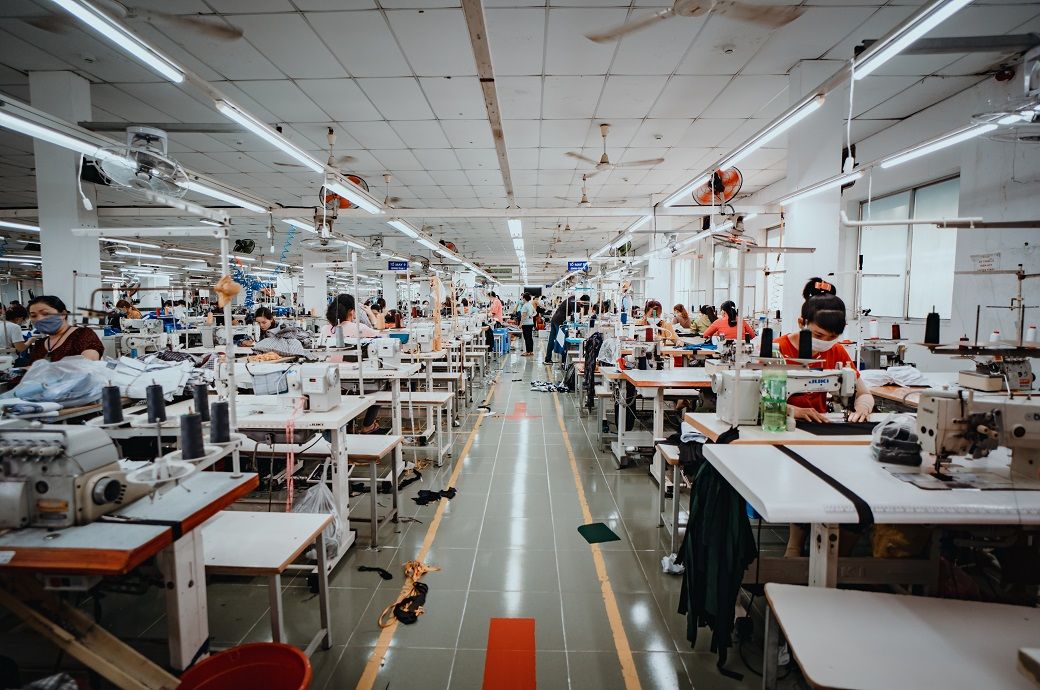Though all Vietnamese businesses reported safe, trading is expected face significant obstacles, the trade office said.
The difficult business environment for Vietnamese firms operating in Myanmar has been compounded by the recent earthquake, the Vietnam Trade Office in Myanmar said.
The quake caused massive infrastructure damage, disrupting power supplies, telecommunications networks.
Travel between regions has become increasingly difficult, leading to sky-high logistics costs and further complicating operations.
The quake caused massive infrastructure damage inside Myanmar, disrupting power supplies, telecommunications networks. The scale of destruction is vast.
According to Nguyen Duong Kien, Trade Counsellor of the Vietnam Trade Office in Myanmar, infrastructure damage, such as collapsed walls and power outages disrupting telecommunications, will undoubtedly create further barriers to trade between the two nations.
Travel between regions has become increasingly difficult, leading to sky-high logistics costs and further complicating business operations, a Vietnamese media outlet reported.
The ongoing instability and conflict inside Myanmar have led to the closure of several customs stations along its borders with China and Thailand, further restricting trade.
Generator-induced power is driving up operational costs.
Therefore, Myanmar’s economic recovery in the short term looks increasingly unlikely.
Vietnam’s trade with Myanmar has already been on the decline, and the earthquake is expected to exacerbate this trend. The two-way trade turnover was reported $574 million in 2024, a 16-per cent year-on-year (YoY) decrease.
The first two months of 2025 saw an even steeper decline, with a 29-per cent drop in total import-export turnover, amounting to just $72 million.
Vietnam primarily exports textiles and garment materials, footwear, fertilisers and plastics to Myanmar.
The decline in trade can be attributed to several factors, including Myanmar’s ongoing import restrictions as well as the fact that most goods must have import licences. These licences are difficult to obtain due to complex internal procedures, further hindering the flow of goods.
Many Vietnamese companies have been forced to export their goods through Thailand before transporting them across the border to Myanmar.
This significantly raises costs, as these shipments are not officially counted as exports from Vietnam to Myanmar.
Fibre2Fashion News Desk (DS)


